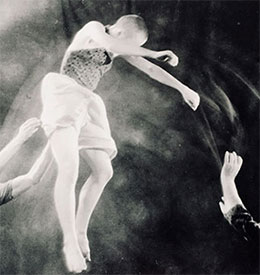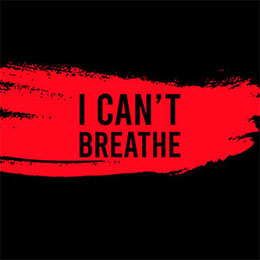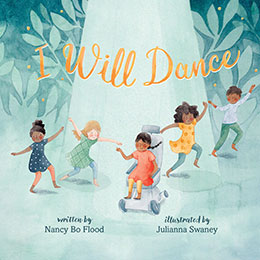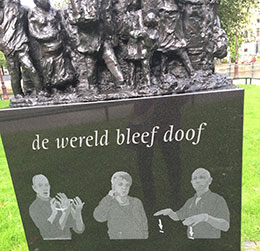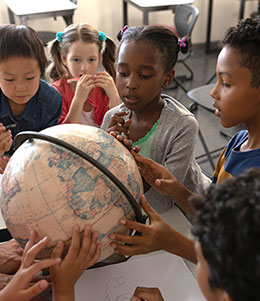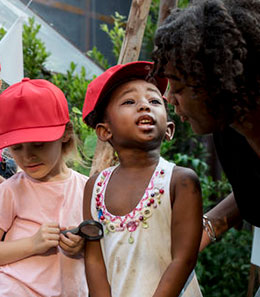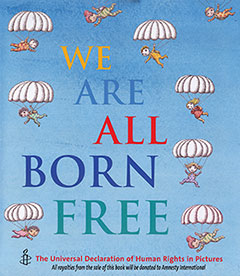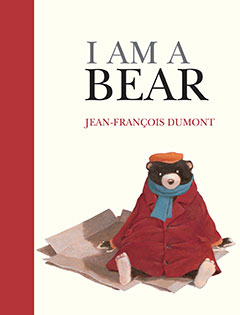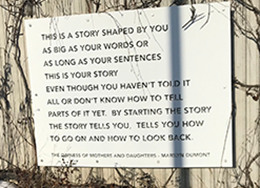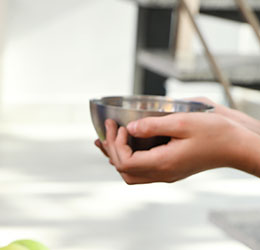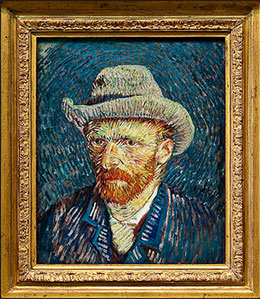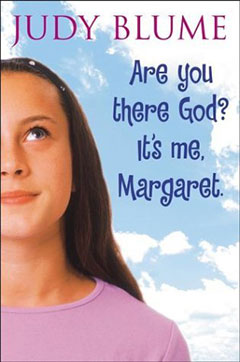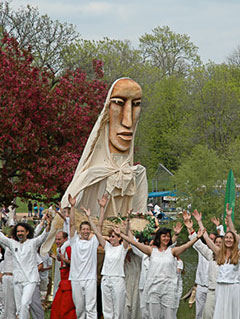Posts by Nancy Bo Flood
Upcoming Webinar
This weekend, I’ll be presenting at the RM-SCBWI Fall Conference September 12 & 13 https://bit.ly/3bgEkKq I invite you to join us for my virtual pre-recorded workshop session from 11 am…
Read MoreDancing Celebrates Life
Dancing celebrates life. Sharing life. Friendships. Trust.
Read MoreOne person at a time, one kindness
Last night again I was up, connected by I-phone to the people of Powderhorn. Their neighborhood is amazing. The residents were all watching out for each other, reporting on the…
Read MoreCelebrating I Will Dance
I Will Dance celebrates the joy of dancing, the importance of belonging, and the determination of Eva, a child who could barely move but dreamed of dancing … not imagine, not pretend, and not alone.
Read MoreNever Again
NEVER AGAIN—the cry of survivors of the Holocaust NEVER AGAIN—continues to echo across Holland, Belgium, France, Germany, and on and on Last fall when I first began biking from Belgium…
Read MoreRights of Children: Education
“Education is the most powerful weapon which you can use to change the world.” Nelson Mandela Yes, education is power. All children have the right to go to school. All…
Read MoreNot Allowed
Last week I introduced The Universal Declaration of Human Rights. This astounding document lists thirty basic rights promised to children everywhere. Today lets look more closely at several of these…
Read MoreThe Universal Declaration of Human Rights in Pictures
On December 17th, I introduced to my readers the visionary document, The Universal Declaration of Human Rights. I asked, “What if during this holiday time of gifts and family, food…
Read MoreThe Silence of Our Friends
“In the end, we will remember not the words of our enemies but the silence of our friends.” —Dr. Martin Luther King, Jr. I often re-read these words spoken by…
Read MoreMany Ways We Tell Our Stories: Poetry in Public Places
An homage to storytelling in Thunder Bay, Ontario, quoting from “The Dimness of Mothers and Daughters,” by Marilyn Dumont. From the plaque (because it may be hard to read): “This…
Read MoreChildren’s Rights
What rights do children have? If you could, what rights would you give to every child—every child—during this sacred time of year? Imagine this, the United Nations in December of…
Read More“Onward, onward!”
I became absorbed with Vincent van Gogh’s paintings at “his” museum in Amsterdam. I had never seen his work close-up in person. Such rich color, such captured energy. And faces…
Read MoreMany Ways We Tell Our Stories: The Trees
“Sometimes a tree can tell you more than can be read in a book.” —Carl Jung Do trees make sound? Do they talk amongst themselves? Do they talk to us?…
Read More
Banned Books, Banned Topics:
Prayer, still forbidden in children’s literature
Times have greatly changed the rules for writing in children’s literature. Sex is okay but periods … maybe. Swearing, exploring gender identity, exploring sexuality – go right ahead. But spirituality? Tip-toe with caution.
Read More
Many Ways We Tell Our Stories:
Giant Puppets, Giants Stories, Dangerous Ideas
We stump across the stage or parade down your street.
Hear us ROAR our terrible words.
Listen. Laugh. Perhaps shiver.
